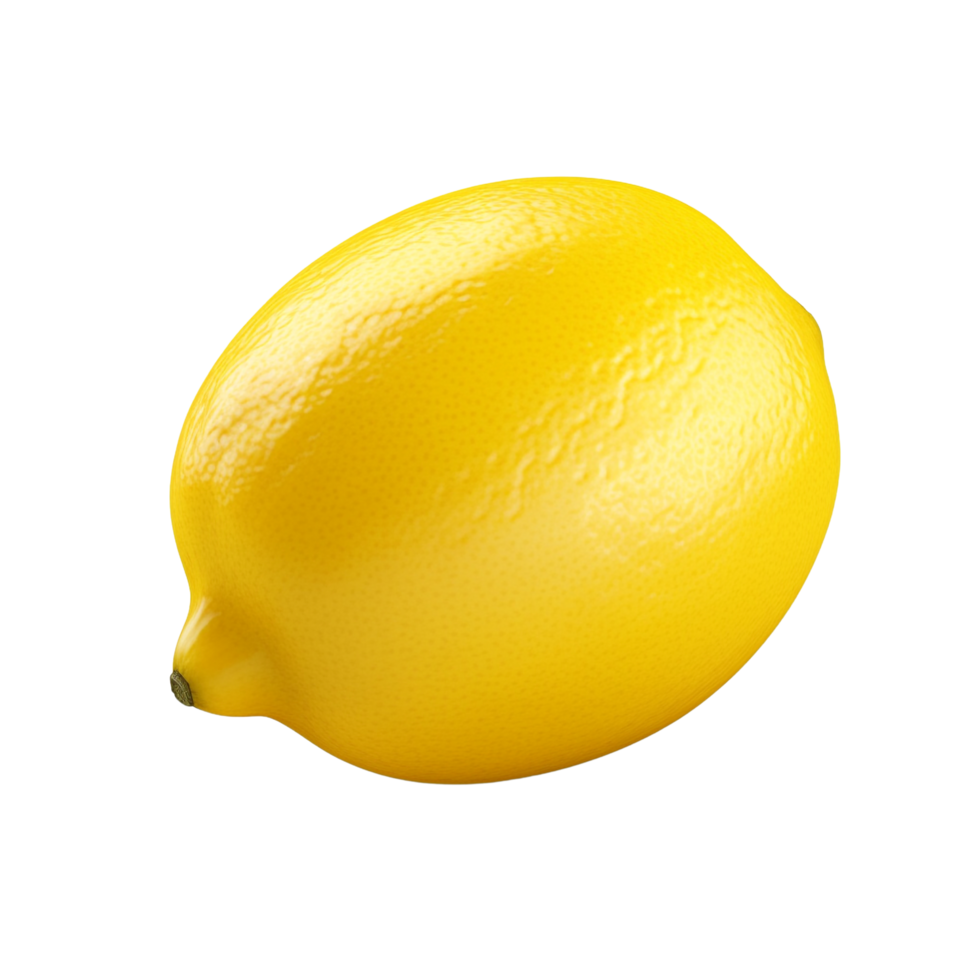Asunción de la Virgen
Puerto Limón
Boston
Valparaíso
Hamburg
Lemonade
Psalms 51:12
“Restore unto me the joy of thy salvation; and uphold me with thy free spirit.”
The Assumption of the Virgin or Frari Assumption, popularly known as the Assunta,is a large altarpiece panel painting in oils by the Italian Renaissance artist Titian, painted in 1515–1518.
The Assumption of Mary was a Catholic doctrine that remained optional in the early 16th century; it was not declared an article of faith until 1950. The Franciscan order whose church the Frari is, were always keen promoters of this and other aspects of Marian theology, in particular the related doctrine of the Immaculate Conception of Mary, then still a matter of live controversy. The doctrine held that the body of the Virgin Mary was "assumed" or moved physically into heaven "at the end of her earthly life". Most Catholics believed that this took place after a normal death (usually three days after in tradition), but some that Mary was still alive when it happened, a question that Munificentissimus Deus in 1950 was careful not to settle. At the base of the picture, glimpses of Mary's stone sarcophagus can be discreetly seen, allowing those believing in an assumption before death to ignore it or regard it as something else.
The broad composition of Titian's painting, with a group of apostles below a rising Mary, shown as alive, who moves towards a group of angels in heaven, follows earlier depictions in art, though such an imagined scene did not form part of the doctrine. The related scene of the Coronation of the Virgin in heaven had tended to be replaced by scenes showing the moment of the actual assumption, as here, which was often combined with it. Here the angel accompanying God the Father on the right holds out a crown, which he is about to place on her head.

"In all these ways the Church gave imaginative expression to deep-seated human impulses. And it had another great strength which one may say was part of Mediterranean civilisation - or at any rate a legacy from the pagan Renaissance : it was not afraid of the human body. Titian's Assumption of the Virgin , a Baroque picture almost one hundred years before its time, was painted in the same period as his great celebrations of paganism. Early in the sixteenth century Titian had given his immense authority to this union of dogma and sensuality ; and when the first puritan influence of the Council of Trent was over, Titian's work was there to inspire both Rubens (who made superb copies of it) and Bernini. In their work the conflict between flesh and spirit is gloriously resolved. It would be hard to imagine a more comfortingly physical presence than the figure of Charity on Bernini's tomb of Urban VIII. And in Rubens's picture of that extremely un-Protestant subject Sinners saved by Penitence, he has achieved in the repentant Magdalene, and even in the figure of Christ himself, a noble sensuality, perfectly at one with an unquestioning faith."~~~Kenneth Clark: CIVILISATION.Ch.7 Grandeur and Obedience
Chess: "Puerto Limón" "Boston" "Valparaíso" "Hamburg" "Lemonade"






































